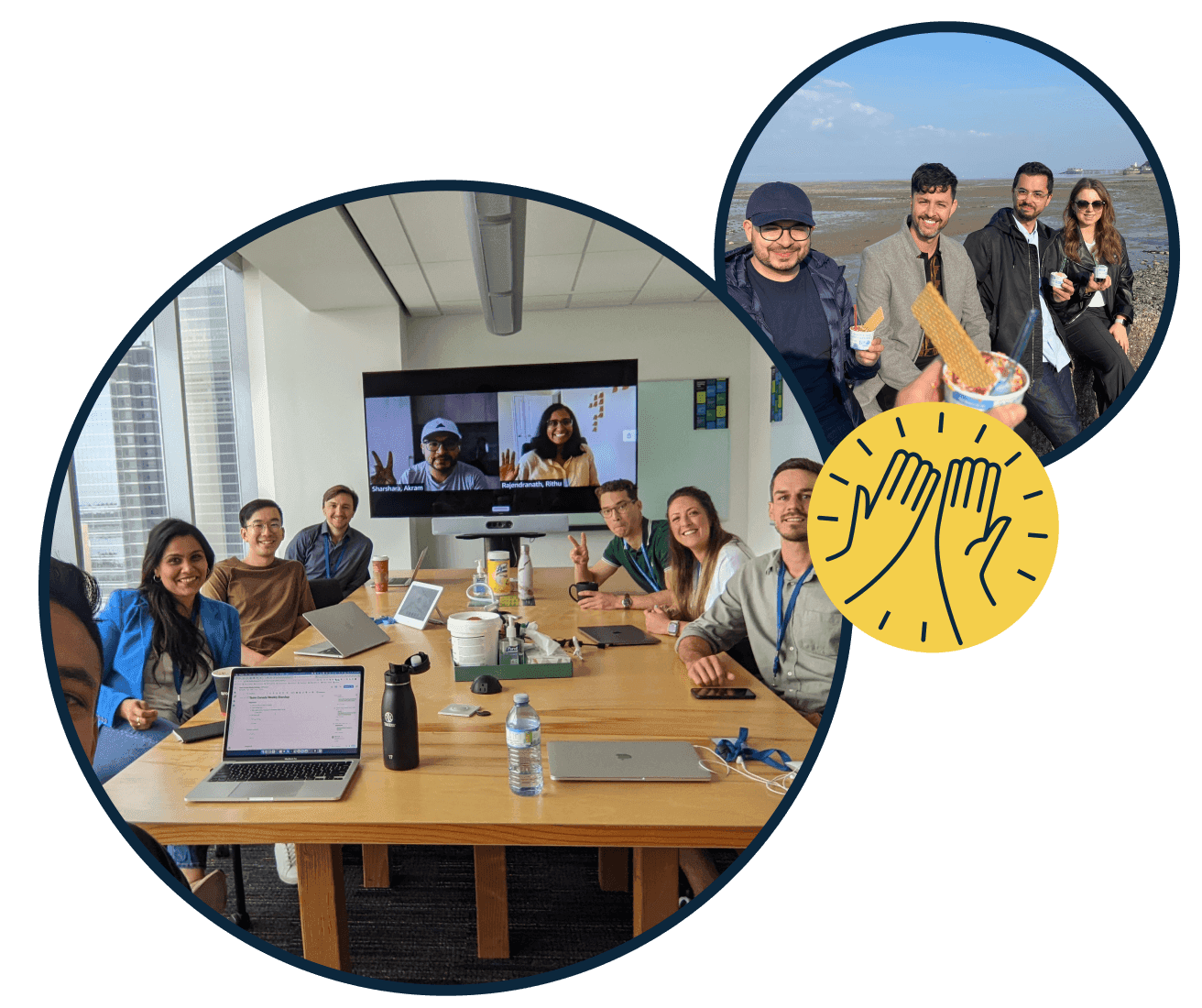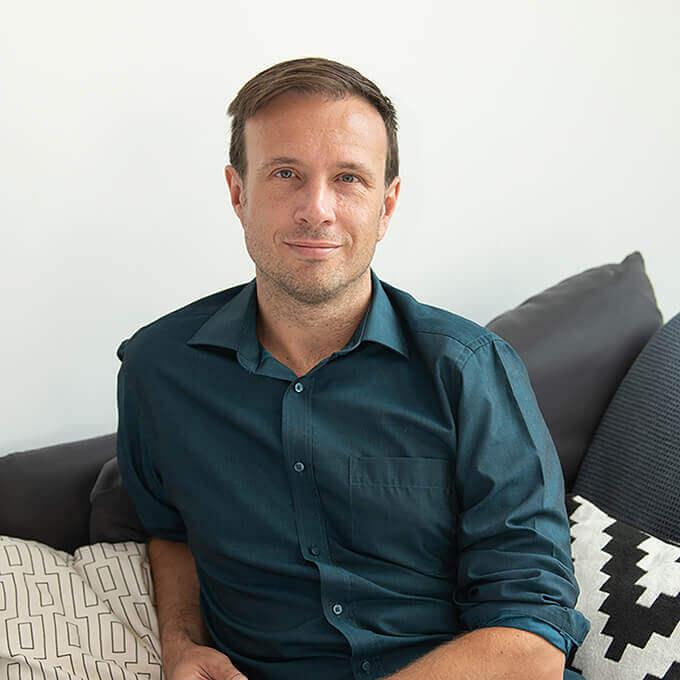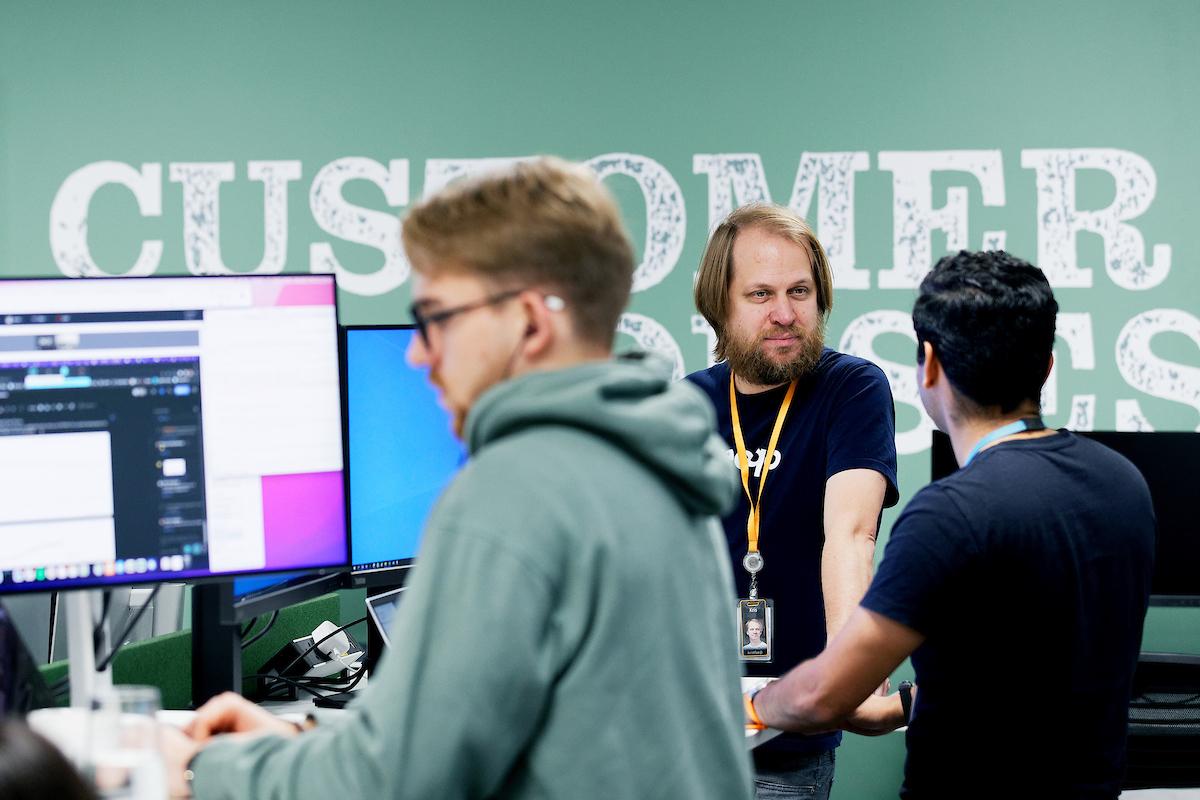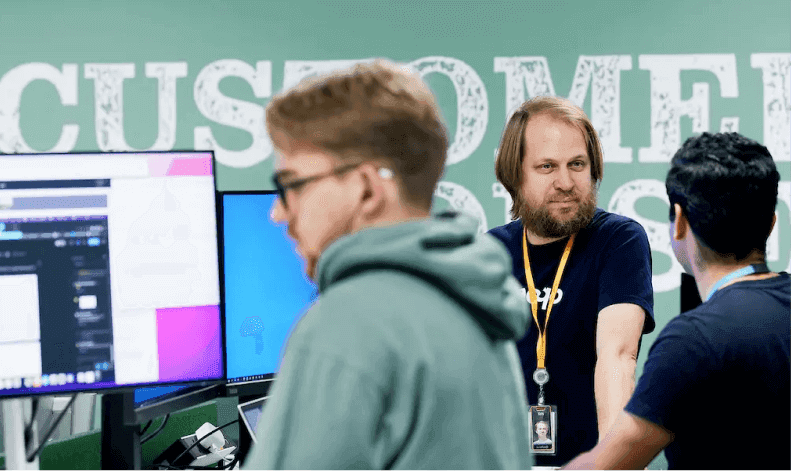Own your future with simple and powerful shipping software, for free
Veeqo is helping US businesses make selling online more effortless, more automated, and more connected. Cut your cost-per-customer and get your ecommerce business ready for the next step with our simplified and FREE shipping and inventory management software.

Veeqo simplicity. Amazon trust.
As part of the Amazon family, Veeqo provides trusted data security and Amazon account protection from late deliveries and negative feedback, if you ship on time. Our Amazon Single Sign-On also allows you to connect your store in just a few clicks and start shipping quicker.



Matt Warren, Founder of Veeqo
Experienced ecommerce owner, with ecommerce sales of over $80m.
I’ve built a multichannel ecommerce business. I know where the tools fall short.
For my ecommerce business, success came from driving 5-star reviews, repeat purchases and referrals. I knew that the best marketing would be happy customers. And happy customers would come from delivering what I promised, when I promised it.
The frustration came when I found that an item that a customer wanted to purchase in-store had been sold online minutes earlier, which meant unhappy customers. To solve this, I went looking for shipping and inventory management software that could help me pick accurately and ship fast.
I searched for something that could connect and automate my inventory, picking, and shipping workflows across all the channels I sold on. Everything I found was too complicated, too basic, or built (and priced) for enterprise. Veeqo was born out of that frustration and has developed over the years to become an award-winning tool that was acquired by Amazon in 2021.
Customer success teams in every major time-zone we serve
Originally founded in Wales, a country that’s part of the UK, we serve the US and UK and now have teams based across North America and Europe, ensuring our team can help you wherever you’re located and whichever time-zone you’re in.

Connect a store for instant low rates
Veeqo gives you immediate access to discounted shipping rates from all major US carriers. No negotiations.
Find out more about life at Veeqo
Explore our stories, blog and careers to discover all things Veeqo.







